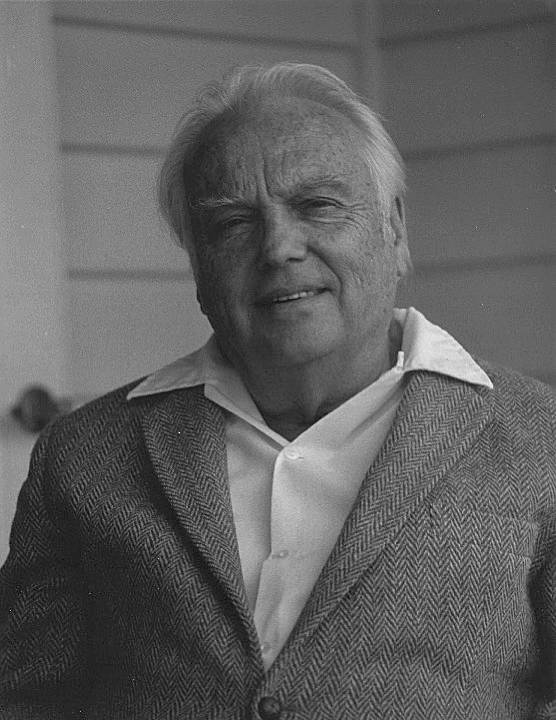James Hoyt was born in Los Angeles to Mabel and James Hoyt Sr. on March 26, 1923. He attended Los Angeles public schools, graduating from Fairfax High School in January 1941. He volunteered for Army duty after Pearl Harbor and was assigned to the Army Intensive Japanese Language School at the University of Michigan, where he earned his A.B. degree in Oriental languages. Subsequently, he attended the Military Intelligence Language School and was commissioned as a Japanese language officer. He served in the New Guinea and Philippine campaigns with the Sixth Infantry Division and participated in the liberation of Manila. After the war, he was assigned to the occupation of Korea, where he acted as translator/interpreter for the American Military Government.
In 1946, he enrolled in the Oriental Language Department of the University of California, Berkeley, where he received his master’s degree in Japanese Literature. From 1947-49, he was a translation analyst at the International Military War Crimes Tribunal in Tokyo. He completed his doctorate in history at Berkeley with a thesis on “Korean Literature: Its Rise and Greatness 1443-1591.”
During this period, he met and in 1952 married Elizabeth McKeen, who accompanied him on his 30-year diplomatic career. He was posted in Taipei as special officer of the Refugee Relief Program 1954-56; Niigata and Hiroshima, Japan, as director of the American Cultural Centers 1957-62; La Paz, Bolivia, and Mexico City as cultural affairs officer 1962-67; Arlington, Virginia, as co-chairman for Country and Area Studies, Foreign Service Institute, training foreign service officers assigned abroad, 1967-68; Washington, D.C., as United States Information Agency desk officer for Japan, Korea and Micronesia 1968-69; Tokyo as special assistant to the Ambassador for Cultural Affairs and concurrently chairman of the U.S. Educational Commission (Fulbright Program) 1969-72; Manila as cultural attache and chairman of the Philippine American Educational Foundation 1972-76; and Seoul as cultural attache and chairman of the Korean American Educational Foundation 1976-83 — after which he served as assistant coordinator of the Presidential Commission for the Celebration of the Tricentennial of German Immigration to the United States, 1983.
Upon reaching mandatory retirement age, he began a 20-year-long second career as an educator, teaching at King Sejong University, Western Washington U., Skagit Valley College, the Academy of Korean Studies and the University of Hawaii. His publications include “Songs of the Dragons”, an annotated translation of the Korean national epic, and “Soaring Phoenixes and Prancing Dragons, a Historical Survey of Classical Korean Literature.”
In 1996, he was awarded an honorary doctorate in literature by King Sejong University for his contributions to the understanding of Korean letters. He is a member of the Delta Sigma Phi social fraternity, the American Legion and former president of the Royal Asiatic Society, Korean Branch. In 2011, he published “Silkworms and Silverfish,” translating over 150 haiku verses that capture the seasonal variability of nature using insects.
Jim purchased his retirement home on San Juan Island in 1984 and has since then engaged in his hobby of Japanese landscaping and the raising of ornamental koi.
He leaves behind his wife of 66 years, Elizabeth (Betty), two sons Jeremy (Karen) and Joshua (Diane), one grandson and one great-granddaughter — all of the Portland, Oregon area — one sister Nancy Hoyt Bell (Ralph) — formerly of Roche Harbor Road and currently of Edmonds — and numerous nephews and nieces.




